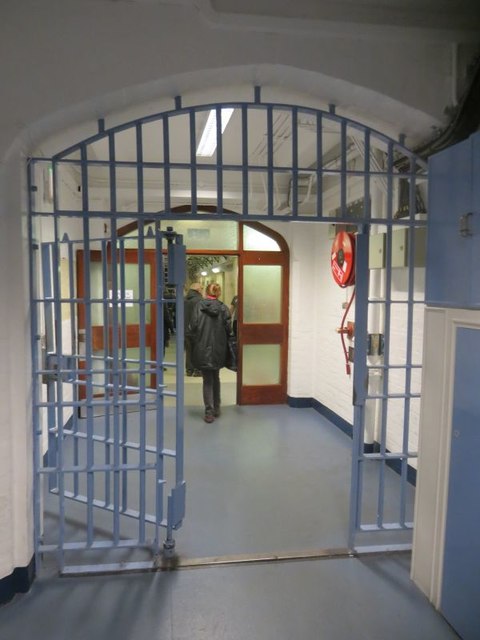
There has always been a great deal of debate surrounding the issues of punishment and rehabilitation and the role of prison sentences in the justice system. Although some people can favour punishment and others rehabilitation, most people would suggest a mix of both.
In the past, a former director-general of the Prison Service said that rehabilitation of offenders in jail does not work and should be scrapped.
What is rehabilitation?
Rehabilitation is the process of re-educating and retraining those who commit crime. The Rehabilitation of Offenders Act means that some criminal convictions can be ignored after a period of time, and recently proposals were announced to reduce that period for some offences. The government does have some regard for rehabilitation, but how do we compare to the rest of the world?
Comparison
The system in the USA focuses more on punishment and imprisons over 700 people per 100,000. In comparison, the UK figure is around 140 per 100,000. Whilst that figure may seem low in comparison to the USA it is the highest figure in Europe. The lowest European figures are primarily from Scandinavian countries and are well below 100.
Scandinavia favours the rehabilitation model, which resulted in reduced reoffending rates since the move toward the model. The reoffending rate in Norway, for example, is 25% in five years, compared to 50% within a year in the UK.
Scandinavian versus UK prisons
A prison place in the UK costs around £40,000 per inmate per year, meaning that cheaper alternatives to custody are always under consideration.
In Norway, on the other hand, a prison place can cost double that. At Halden Prison, a maximum-security prison, the governor states that the punishment is the restriction of liberty; other rights remain the same as any other citizen. The key philosophy is to normalise life in prison by providing a daily routine and ensuring family contact. There is a lower level of violence and a higher ratio of officers to prisoners who participate in activities together. Cells are more homely, and the prison is designed to minimise the sense of incarceration.
Prison officers in Norway are subject to 2-3 years of training compared to 12 weeks in the UK; they study law, ethics, criminology, reintegration and social work.
Could this happen in the UK?
It would appear unlikely that the UK would go to the extent that Norway has. However, new accommodation pods have been installed at HMP Ford. The pods are self-contained units with a living area, bed, desk, toilet and shower unit. The project manager stated that residents will have their own door key, use of a kitchenette, telephone room and laundry.
The main difference between HMP Ford and Halden Prison is that it is an open prison, therefore much lower security. It is the last step before an individual is released, making sense for the accommodation to encourage a higher level of independence.
How can we help?
We ensure we keep up to date with any changes in legislation and case law so that we are always best placed to advise you properly. If you would like to discuss any aspect of your case, please contact our expert team here at Broadbents Solicitors.
We cover various fields of law, ensuring that you have access to expert legal advice. You can call our dedicated team today: Alfreton 01773 832 511, Derby 01332 369 090, Heanor 01773 769 891, or Sutton-in-Ashfield 01623 441 123. Alternatively, you can head over to our online enquiry form and we’ll be in touch.
[Image credit: “Into the Prison” by Bill Nicholls is licensed under CC BY-SA 2.0]






